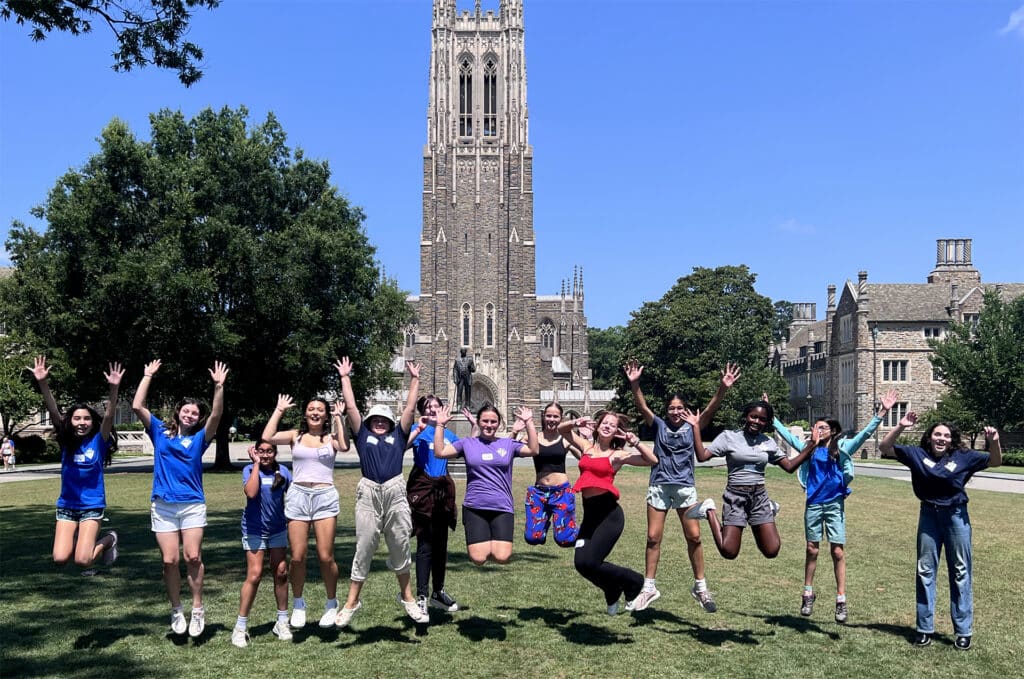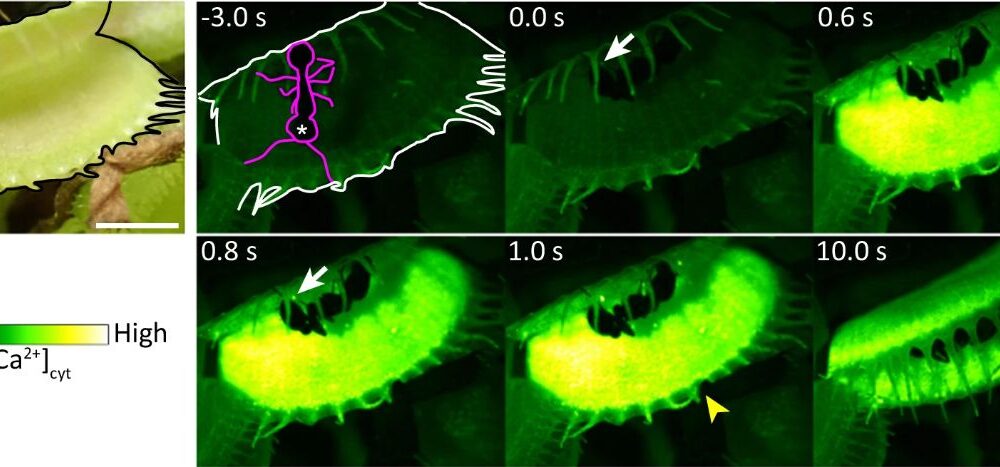During the summer months, Duke University remains a hub of activity, as faculty, staff, and students engage with the broader community through innovative outreach programs. This summer, three notable initiatives from the Thomas Lord Department of Mechanical Engineering and Materials Sciences (MEMS) highlighted the university’s commitment to education and community involvement.
Expanding Opportunities for NCCU Students
A new partnership between Duke Engineering and North Carolina Central University (NCCU) has created valuable research opportunities for NCCU students, who typically do not have access to an engineering program. The Pratt-NCCU program allowed these students to collaborate with Duke labs for a nine-week research experience.
Carmen Rawls, program director and assistant dean for advising and outreach at Duke Engineering, emphasized the program’s dual focus on technical skills and community building. “One conversation the students and I had early on was about how their experiments were not going right on the first try,” Rawls stated. “By talking with other students, the scholars learned that setbacks are a natural part of research.”
Jayvon Butler, a senior at NCCU, worked under the guidance of MEMS professor and chair Christine Payne. He conducted research on nanoparticles for biomedical applications, expressing gratitude for the support and mentorship he received. “This experience not only broadened my technical skill set but also helped me grow in a professional research environment,” Butler said.
Rawls anticipates that interest in the program will grow as word spreads about the inaugural cohort’s positive experiences. “Programs like these provide undergraduates with a unique glimpse of what life as an engineer could be like,” she noted, highlighting the potential for future collaborations.
Engaging Middle Schoolers with Math
The Girls Exploring Math (GEM) program, a unique summer workshop series, aims to make math enjoyable for middle school students in Durham Public Schools. Open to all rising seventh- to ninth-graders, GEM fosters an interactive learning environment through hands-on activities.
This summer, students explored math concepts through creative methods, such as origami and bagel slicing. Sophia Santillan, a MEMS associate professor of practice and one of the program directors, stated, “We want to show students that math can be fun. You don’t always have to do things in a formulaic way: you can build creative solutions.”
The program also included visits to various labs at Duke, allowing students to interact with professionals in the fields of science, technology, engineering, and mathematics (STEM). Tori Akin, another GEM team director and associate professor of mathematics at Duke, expressed her enthusiasm for engaging students in unique ways. “If I can get even one kid interested enough to think, ‘Wait, why does this work? Can we go one step further?’ Then I’ve achieved my goal,” Akin remarked.
The GEM program has received positive feedback, with parents noting significant impacts on their children’s attitudes toward math. Lauren Valentino, a third program director and assistant professor of sociology at the University of North Carolina at Chapel Hill, shared, “We’ve gotten emails saying things like, ‘My kid decided to take advanced math this year in school, and we think that’s because of all of the encouragement that she got over the summer!’”
Bringing Robotics to Local Libraries
Another outreach initiative involved a collaboration between Duke Engineering and the Durham Public Library, where students were introduced to robotics through interactive stations. Designed primarily for children in grades K-6, the event featured hands-on activities that illustrated various robotic concepts.
Activities included a color-sensing Lego car and a pneumatic robot arm operated by interconnected syringes. Evan Kusa, a Duke research and development engineer, showcased a robot dog that delighted attendees with its movements and interactions. “At one point, a child who had never had any coding experience wanted to see what the code for the color-sensing Lego car looked like,” said Gabriela Morales, a graduate student in the Traineeship for the Advancement of Surgical Technology (TAST) program. Morales designed the stations and witnessed firsthand the excitement that sparked curiosity in the children.
According to Siobhan Oca, director of MEMS Master’s Studies, outreach events not only provide valuable experiences for children but also help graduate students refine their science communication skills. “Interacting with kids reminds them of what drew them to STEM in the first place,” Oca noted. She expressed interest in making the robotics program a recurring event and developing educational kits for participants to take home.
Duke’s summer outreach efforts illustrate the university’s commitment to fostering community engagement and inspiring the next generation of engineers, mathematicians, and scientists. These initiatives not only enrich the lives of participants but also cultivate a culture of collaboration and innovation that extends beyond the classroom.







